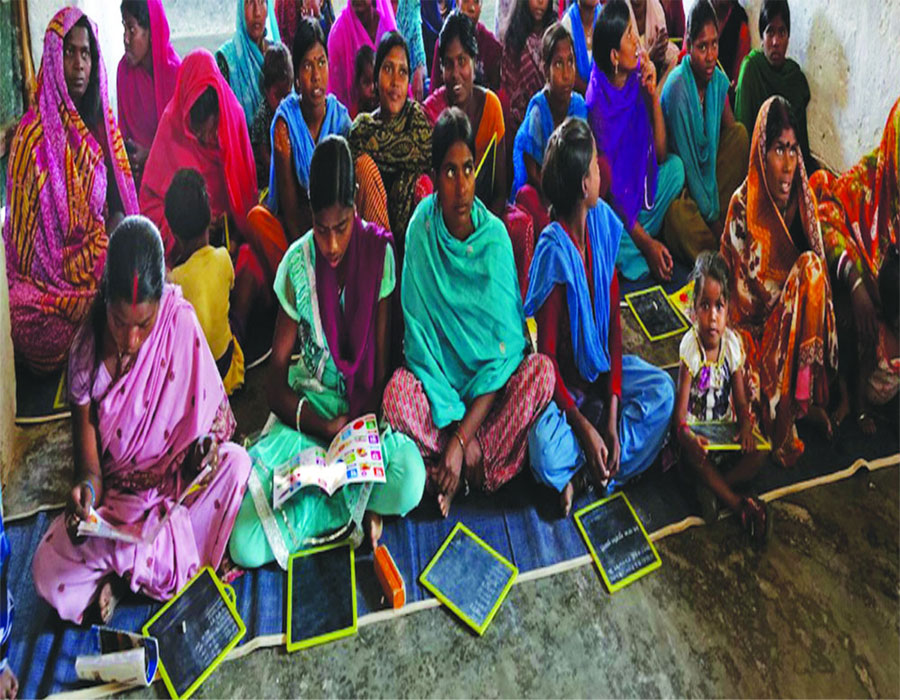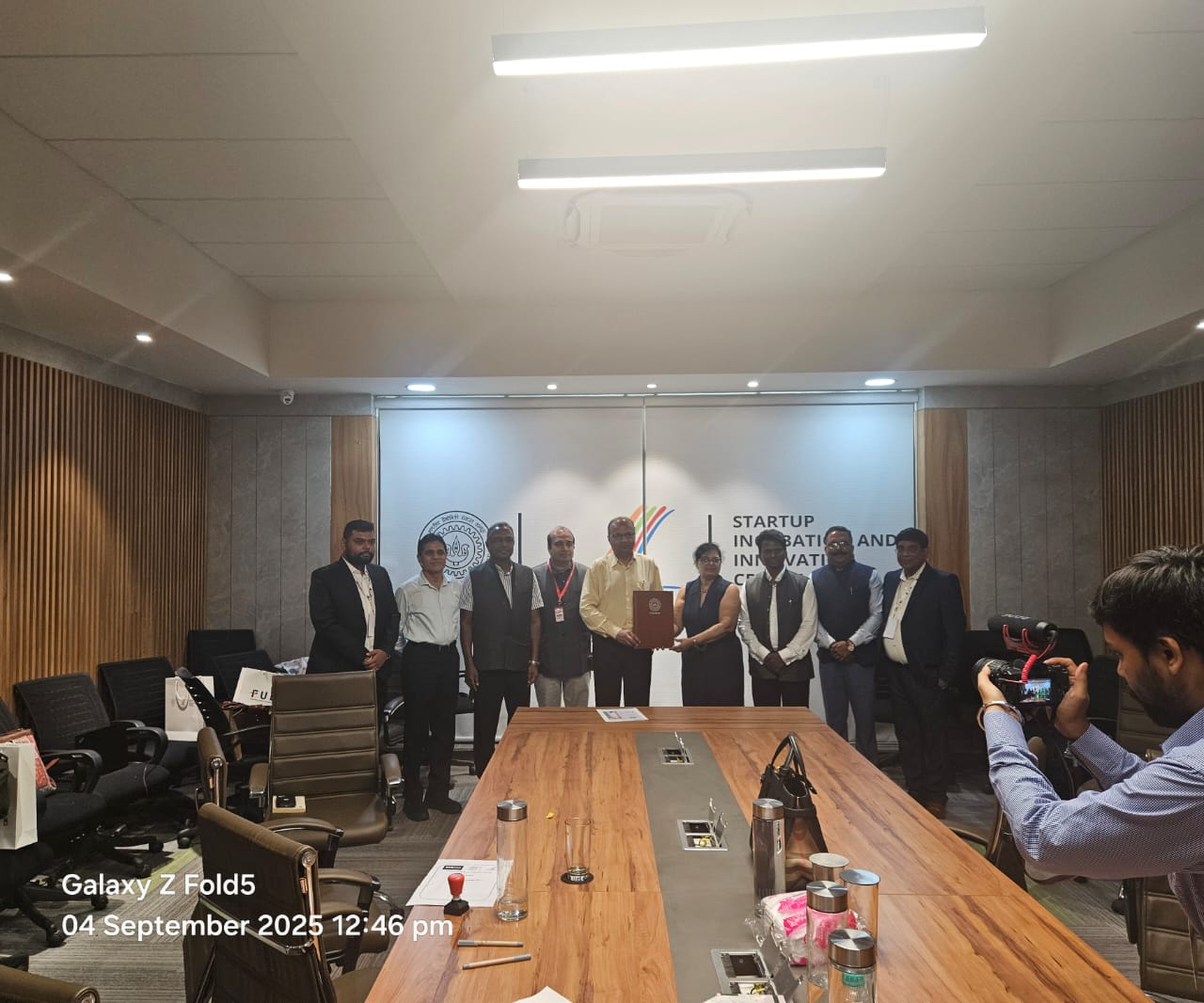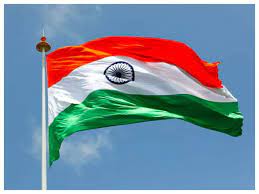Free access to adult learning through online mode backed by extensive usage of ICT has been emphasized
American industrialist Henry Ford famously said: “Anyone who stops learning is old - whether this happens at 20 or at 80. Anyone who keeps on learning not only remains young but becomes constantly more valuable - regardless of physical capacity.” This is true even today, particularly for illiterate adults. Adult Education (AE) extends schooling options to those who are 15 years of age or above and have missed the opportunity of formal tutoring earlier but now want to pursue education. Though the literacy rate in India has increased from 12 per cent in 1947 to 73 per cent in 2011, however, adult illiteracy is still a challenge for the Government because the absolute number of illiterates in India was 25.76 crore, the largest in the world, as per the 2011 census. Successive Central governments took major initiatives to improve the adult literacy rate in the country. For instance, under the National Education Policy (NEP), 1986, the National Literacy Mission Authority (NLMA) was founded to impart functional literacy to non-literates in the age group of 15-35 years in a time-bound manner. Subsequently, the Saakshar Bharat Programme continued till March 2018.
A major paradigm shift in the programme could help in imparting functional literacy to 7.63 crore non-literates, including 5.38 crore women, with four broader objectives namely: Basic literacy and numeracy, basic education, vocational education and continuing education. In this programme, the Government introduced new components of literacy and under the financial literacy component, one crore bank accounts of adult illiterates or neo-literates were opened under the Pradhan Mantri Jan Dhan Yojana. With regard to legal literacy, a new curriculum was designed and developed for neo-literates to create awareness of their rights and duties. These components have been included in the critical life section of AE and the lifelong learning chapter of the NEP, 2020. The new curriculum will be developed by the National Council of Educational Research and Training (NCERT) and includes five components: Foundational literacy and numeracy; critical life skills (including financial literacy, digital literacy, commercial skills, healthcare and awareness, child care and education, and family welfare); vocational skills development; basic education and continuing education (including holistic adult education courses in arts, science, technology, culture, sports, recreation and more advanced material on critical life skills).
The NEP-2020 recommends a strong and innovative Government initiative for AE to facilitate community involvement and the smooth and beneficial integration of technology to expedite the aim of achieving 100 per cent literacy. These resources are a must to achieve the Sustainable Development Goal (SDG) 4.6 of the United Nations. Giving impetus to adult literacy, the Union Budget 2021-22, states that “to enable increased access of resources, online modules covering the entire gamut of adult education will be introduced.” Hence, for the improvement of the AE programme, free access to adult learning in States and Union Territories (UTs) through online mode backed by extensive usage of Information and Communications Technology (ICT) has been emphasised. An online teaching and learning system will be developed in which a learner may register with essential information like name, date of birth, gender, Aadhaar number (not mandatory), mobile number and so on and attend the class through online mode by using a mobile or any Common Service Centre (CSC) or digital booth or cybercafé. At the national level the NCERT, NIOS, National Informatics Centre and the DAE will facilitate ICT support in designing and developing central modules, portal, apps, while States and UTs may explore partnerships with stakeholders for a vibrant adult education programme. As Mahatma Gandhi once said, “Mass illiteracy is India’s sin and shame and must be liquidated.”
(The writer is Joint Secretary, Ministry of Education. The views expressed are personal.)








 OpinionExpress.In
OpinionExpress.In















Comments (0)